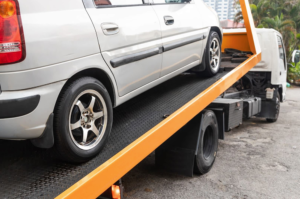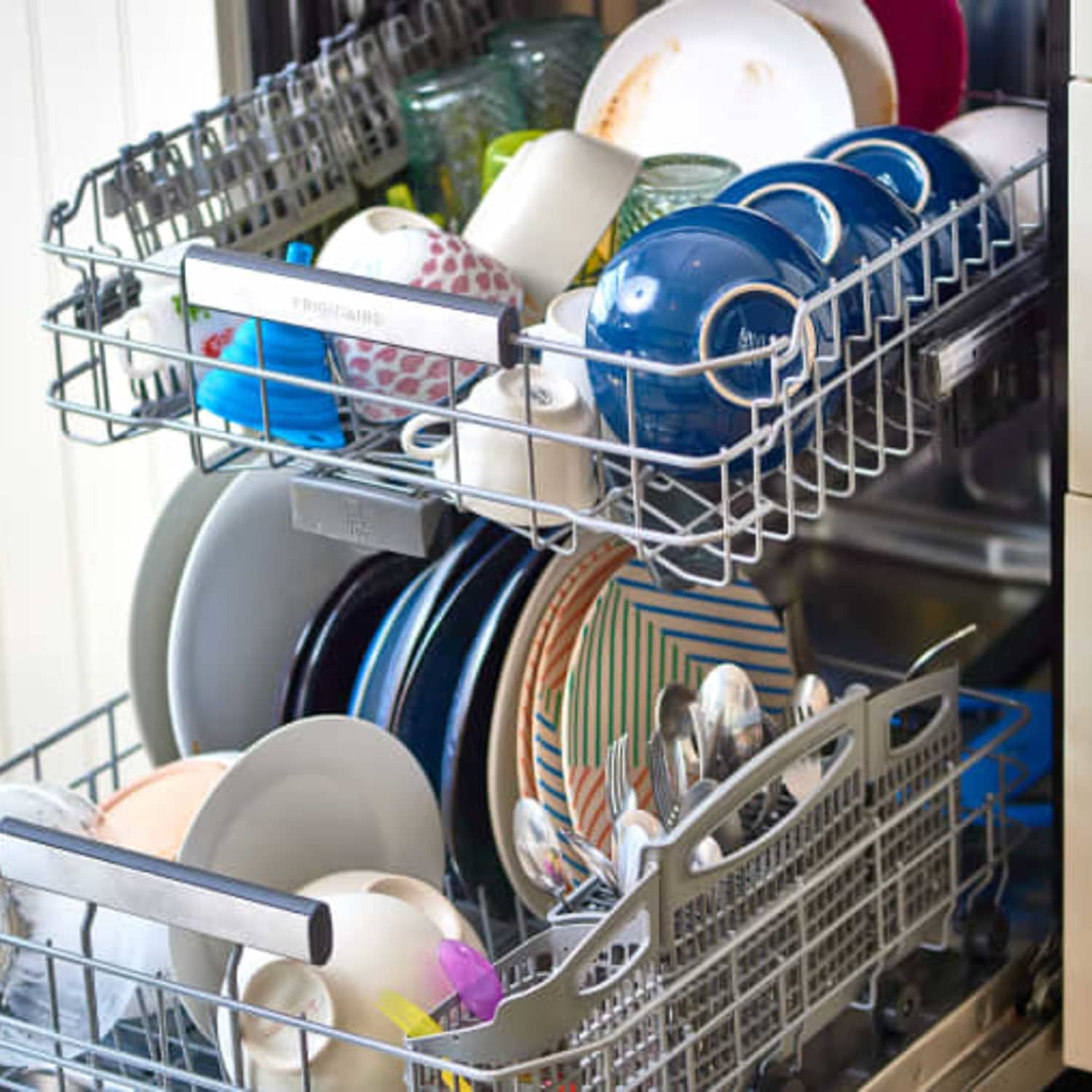Centrifuge Tubes are essential tools for laboratory applications, separating blood components, isolating nucleic acids, and purifying proteins. The right centrifuge tubes will ensure accurate results and help reduce the risk of sample contamination.
They are available in graduated and non-graduated options, can withstand high centrifugation speeds and temperatures, and are compatible with a wide range of chemicals.

The material used in centrifuge tubes is an important consideration for any laboratory. It must be durable enough to withstand high-speed centrifugation and resist chemical contamination, such as cleaning solutions. It must also be durable enough to withstand repeated use and temperature fluctuations. Centrifuge tubes are available in various plastic and glass materials, each with its properties.
Polypropylene is a popular choice because it is resistant to most chemical reagents. It is also lightweight, making it easier to handle. Polypropylene tubes are also autoclavable, which reduces the need for chemical sterilants and makes them easier to clean. Polypropylene is also non-toxic, improving the safety of lab personnel and equipment.
Centrifuge tubes are often made of clear or translucent plastic to facilitate visual analysis and observation of the samples. Some tubes are also marked with printed or moulded graduations for easy identification. Some models have a flat surface for writing, while others have a frosted marking area. Depending on the application, some tubes have a sealing mechanism to prevent leakage during high-speed centrifugation. For example, screw caps can provide an airtight seal and prevent vapor release.
Another important factor to consider when choosing a centrifuge tube is its maximum capacity. Different tests and experiments may require varying amounts of liquid sample, so it is important to choose a tube that has a sufficient capacity. This will ensure that your experiment runs smoothly and accurately.
Whether you are working with blood, tissue, or other fluid samples, the type of centrifuge tubes you choose will affect your results. The right centrifuge tubes will help you achieve accurate results and meet regulatory compliance. Choosing the right tubes will also save you time and money by ensuring that your experiments run smoothly.
Whether you’re looking for high-quality, reusable centrifuge tubes or disposable ones, MarathonLS has the right supplies for your laboratory. We offer a wide selection of sizes and shapes, so you can find the perfect fit for your needs. Our team is happy to answer any questions you may have, so don’t hesitate to reach out!
Capacity
Centrifuge tubes are essential lab supplies for many microbiology applications, including separating viruses or bacteria from other substances. They must be able to resist extreme centrifugal forces and provide clear, legible markings for easy identification of samples. To achieve these goals, scientists should consider the following factors when choosing the best tubes for their experiments: material, capacity, sealing capability, and temperature resistance.
The size of a centrifuge tube is an important factor to consider when choosing the right model. A good choice should be able to fit the sample volume and avoid overflowing or compromising the accuracy of results. It’s also important to choose a tube that is compatible with the type of centrifuge being used, as using the wrong type may result in accidental spills and other problems.
Different types of tubes are available with a variety of characteristics, such as shape and color. The material of the tube is important, as it should be able to resist chemicals and temperature changes. Plastic tubes, such as polypropylene, are common options because they are durable and resistant to a wide range of chemicals.
Another crucial characteristic of a centrifuge tube is its maximum spin speed. Each type of tube is rated for the RCF (relative centrifugal force) it can safely handle, and pricing varies depending on this value.
Other considerations when selecting a centrifuge tube include its closure, which can be either a screw cap or a snap cap. While both models offer the same level of security, a snap cap may be more ergonomically convenient for certain experimental needs. For example, if you are working in high-throughput environments, opting for a model with snap caps that can be opened and closed with one hand could save you time and effort. Moreover, some tubes feature both types of closures to give scientists flexibility when it comes to the type of closing mechanism they prefer. The type of closure also has an impact on the safety of the samples, as it should be able to create an airtight seal to prevent contamination and evaporation.
Design
Centrifuge tubes are a critical necessity in laboratory settings, with versatile utility that spans molecular biology, microbiology, clinical diagnostics, and beyond. Their diverse applications facilitate sample separation, preservation, and transportation through the application of centrifugal force, resulting in accurate, reliable results that drive scientific progress forward.
Centrifuge tube design plays a key role in how efficiently, accurately, and reliably these essential lab tools perform. As such, it is important to select a high-quality centrifuge tube that can accommodate the desired liquid sample capacity and meet the specific requirements of your lab. In addition, it is important to choose a tube that is compatible with the available slots and adapters in your centrifuge rotor. Otherwise, the tube could eject from the centrifuge or break during centrifugation.
The physical dimensions of a centrifuge tube should also be taken into consideration, as the ideal size can impact how easily they are loaded into the centrifuge rotor and how quickly they rotate. Likewise, the tube’s lid can play a major role in preventing spills and contamination during centrifugation. Options include snap cap and screw-cap closures, with the latter providing a more secure seal that is suited for containing hazardous materials or volatile organic compounds.
As with all lab equipment, it is vital that centrifuge tubes are regularly inspected and cleaned. Regular cleaning and sterilization can prevent the buildup of residues that may interfere with your experiment’s accuracy and reliability, as well as extend their lifespan. It is also important to properly distribute the samples evenly in the centrifuge bowl. Incorrect balancing can cause the centrifuge to rotate precariously and could potentially contaminate or even break the tubes.
The guide also delves into advanced centrifuge tube material options, such as fluoropolymers that offer unparalleled chemical resistance and durability and are ideally suited for handling highly corrosive or reactive substances. It is also important to consider the maximum rotational speeds a centrifuge tube can withstand, as this can have a significant impact on the speed and quality of your results. Lastly, it is important to select a centrifuge tube that is autoclavable, as many lab protocols require the sterilization of equipment at extreme temperatures and pressures.
Quality control
Centrifuge tubes are an essential part of diagnostic tests for infectious diseases. Their performance and function depend on various factors, including material, capacity, sealing capability, and temperature resistance. The proper selection and handling of these tubes ensures that accurate analysis results are obtained. Manufacturers employ stringent quality control procedures to uphold the integrity and performance of their products. These include inspecting raw materials, manufacturing processes, and final product testing. They also maintain detailed process documentation and safety protocols. These practices help ensure that centrifuge tubes meet industry standards and the specific needs of labs and research applications.
A high-quality centrifuge tube should be made of a material that is inert and nonreactive with the microorganisms being analyzed. It should also have a suitable capacity and size to accommodate the samples without spillage or overcrowding. It is important to choose a tube with clear, durable graduations for precise volume measurements and easy dilution. These markings should be resistant to fading or wearing off, even after repeated handling and cleaning.
In addition to ensuring the physical properties of centrifuge tubes, it is important to test their chemical resistance and durability. This includes conducting leak tests and other stability assessments. It is also critical to verify that the closures, such as caps or plugs, seal tightly and securely. In addition, a quality centrifuge tube should have an appropriate labeling system to prevent sample mix-ups and maintain the integrity of the data.
Before utilizing centrifuge tubes, they must be washed and sterilized according to your laboratory’s guidelines. It is also a good idea to keep them in a clean, dry place that is free from ozone and ultraviolet radiation. It is important to use gloves, goggles, and a protective apron when handling and storing these tubes. Once they are no longer needed, it is recommended that you dispose of them properly according to your laboratory’s guidelines.
Centrifuge tubes are an essential tool for diagnosing infectious diseases, and choosing the right ones is crucial for obtaining reliable test results. Considering the features and qualities of centrifuge tubes, such as their material, capacity, sealing capability, and temperature stability, can help you make the best decision for your applications.


